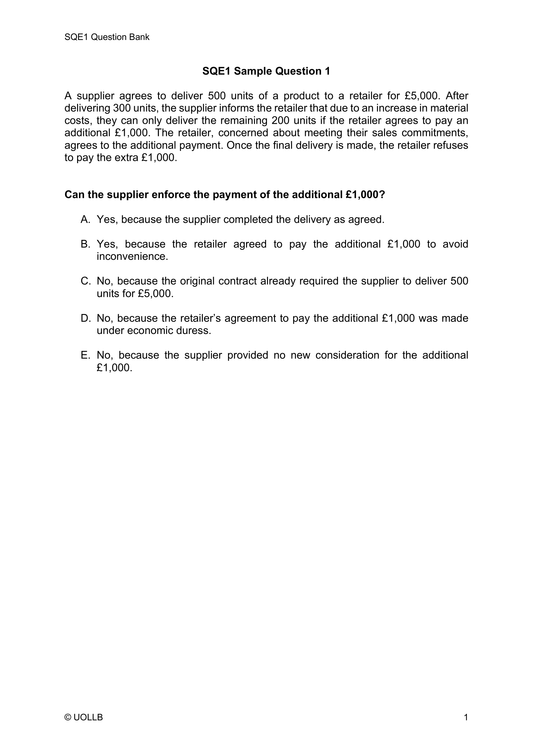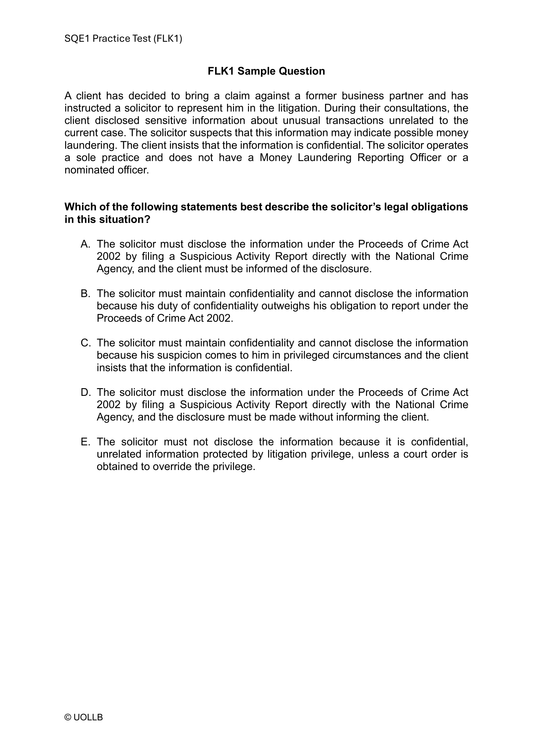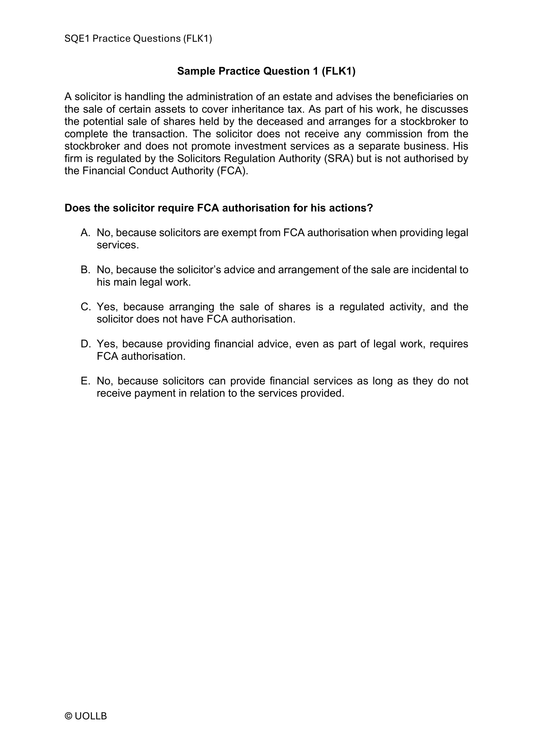Remedies for Unfair Dismissal
Share
Unfair dismissal constitutes a breach of an employee's rights, and when proven, the affected individual is entitled to various remedies under UK employment law. This article explores the remedies available for unfair dismissal, delving into the legal framework, the role of employment tribunals, and the potential outcomes for employees who have experienced wrongful termination.
Legal Framework
The legal foundation for remedies for unfair dismissal is primarily established in the Employment Rights Act 1996 in the United Kingdom. This legislation outlines the rights of employees and sets forth the criteria for fair dismissals, including those related to unfair reasons. When an employee successfully proves unfair dismissal, the law provides a range of remedies to address the injustice and compensate for the loss suffered.
Reinstatement and Re-engagement
Reinstatement involves the employer allowing the dismissed employee to return to their previous position as if the dismissal had not occurred. Re-engagement, on the other hand, entails offering the employee a comparable role within the organisation. While these remedies aim to restore the employment relationship, they are not always practical or feasible, particularly if trust has broken down.
Compensation
Compensation is the most common remedy for unfair dismissal. The amount awarded is calculated based on the financial losses suffered by the employee as a result of the dismissal. This includes lost wages, benefits, and any other financial detriment directly related to the unfair dismissal. Employment tribunals consider the employee's age, length of service, and weekly gross pay in determining the compensation amount.
Basic Award and Compensatory Award
The compensation for unfair dismissal typically comprises two components: the basic award and the compensatory award. The basic award is calculated based on the employee's age, length of service, and weekly pay, with a statutory cap in place. The compensatory award aims to cover financial losses such as lost earnings and benefits, with a maximum limit determined by legislation.
Mitigation of Loss
Employees are obligated to take reasonable steps to mitigate their losses following an unfair dismissal. This may involve actively seeking new employment to reduce the financial impact of the dismissal. Failure to mitigate losses could impact the compensatory award, as employment tribunals consider whether the employee made reasonable efforts to find alternative employment.
Tax Implications
Compensation awarded for unfair dismissal may be subject to income tax. However, the statutory cap on the compensatory award and certain elements of the award, such as redundancy pay and the basic award, are generally tax-free. Employees should seek professional advice to understand the tax implications of the compensation received.
Negotiated Settlements
In some cases, employers may choose to settle unfair dismissal claims through negotiated settlements. These settlements often involve a financial agreement reached between the employer and the employee, effectively resolving the dispute without going through the formal tribunal process. Negotiated settlements may include compensation and, in some cases, non-financial terms.
Remedies for unfair dismissal aim to address the injustice suffered by employees who have been wrongfully terminated. Whether through reinstatement, re-engagement, or compensation, the legal framework seeks to restore a sense of justice and financial equilibrium for affected individuals. Employers should be aware of their obligations to comply with employment laws, and employees who believe they have been unfairly dismissed should seek professional advice to understand their rights and pursue appropriate remedies through the legal system.





























































